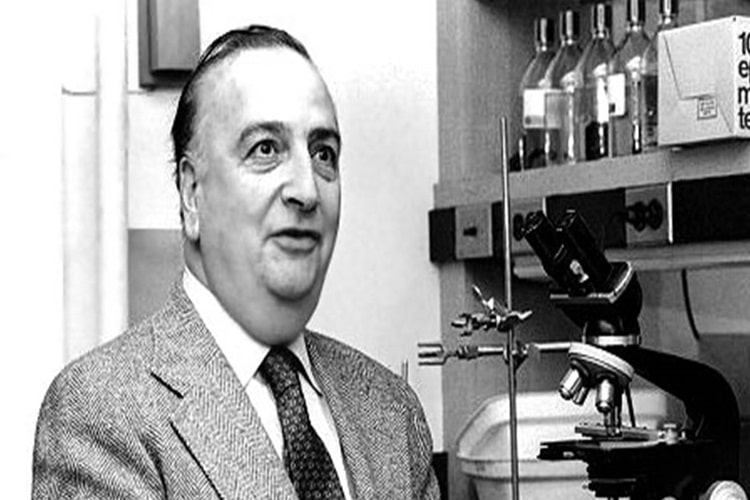Baruj Benacerraf (29 October 1920 – 2 August 2011) was a Venezuelan American immunologist. Baruj Benacerraf was awarded the Nobel Prize in Physiology or Medicine in 1980.
Life and Career
Baruj Benacerraf was born on 29 October 1920, Caracas, Venezuela.
He grew up in a family that valued education and learning. Benacerraf’s early education took place in Venezuela, and he later pursued his higher education in the United States.
Baruj Benacerraf’s career in immunology was marked by significant achievements and contributions. In 1950, he earned his medical degree from Columbia University College of Physicians and Surgeons. He went on to work at various prestigious institutions, including the New York University School of Medicine and the National Institutes of Health (NIH).
Benacerraf’s most notable work came in the 1950s and 1960s when he conducted pioneering research on the immune system. He made groundbreaking discoveries related to the major histocompatibility complex (MHC), a group of genes that play a critical role in the immune system’s ability to distinguish between self and non-self-molecules. His research significantly advanced the understanding of how the immune system recognizes and responds to foreign substances.
In recognition of his groundbreaking work, Baruj Benacerraf, along with George Snell and Jean Dausset, was awarded the Nobel Prize in Physiology or Medicine in 1980. Their research on MHC and its role in immune responses had a profound impact on the fields of immunology and transplantation.
Throughout his career, Benacerraf held various academic and leadership positions in the field of immunology, and he made substantial contributions to the scientific community.
Award and Legacy
Baruj Benacerraf was awarded the Nobel Prize in Physiology or Medicine in 1980. This prestigious award was granted to him, along with George D. Snell and Jean Dausset, for their groundbreaking contributions to the understanding of the major histocompatibility complex (MHC) and its role in the immune system.
His legacy endures through the continued exploration of immunology, the advancements in transplantation and immunotherapy, and the inspiration he provides to current and future generations of researchers. His remarkable life and contributions to science continue to be celebrated and commemorated in the scientific community and beyond.

